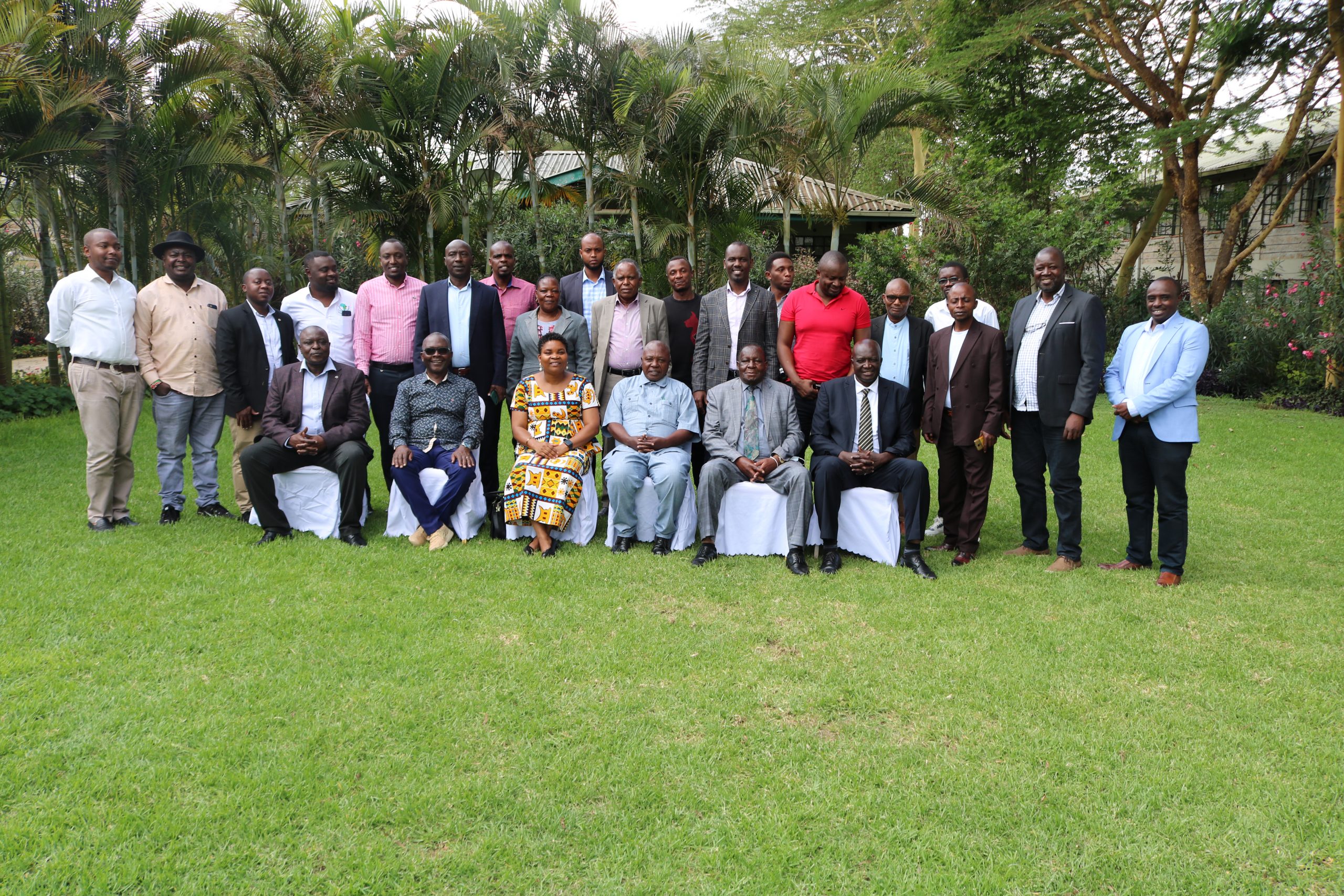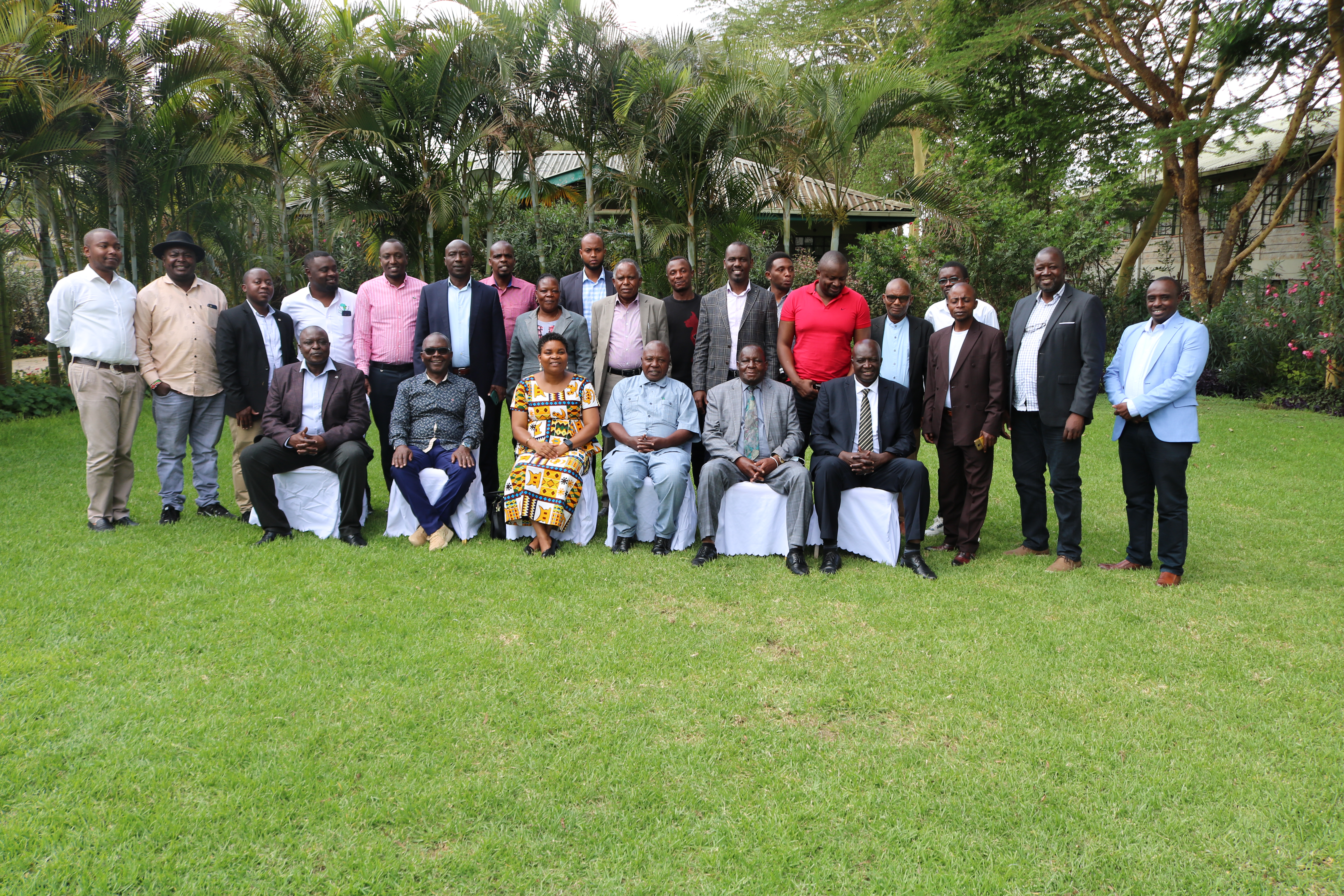‘’Enhancing the role of East African farmers in the climate change discourse’’

EAFF convened a 2-day climate change workshop Climate change development workshop held in Maanzoni Lodge, Machakos Kenya under the theme: “Enhancing the role of East African farmers in Climate change discourse” it is important that farmers and farming organizations enhance their capacity, knowledge, and advocacy positions around climate change policy process, climate change negotiation processes, the climate financing mechanisms and other important emerging issues, participants from all EAFF member organizations’ CEOs, and EAFF country representatives from Burundi, Djibouti, DR Congo, Kenya, Rwanda, Tanzania, South Sudan, and Uganda attended the workshop.
The purpose of the 2-day workshop is for EAFF and its members to understand the climate change negotiation processes, the climate financing mechanisms, and other important emerging issues. Aware that farming bears the biggest brunt of climate change and noting that smallholder farmers contribute the biggest share of global food production and their food production systems are highly threatened by climate change, EAFF and its National Farmer Organisations should focus more on climate adaptation and build resilient and sustainable production systems for its members. This is one of the nine resolutions of the 5th EAFF farmers congress that took place on 13-14 October 2021 at Lake Naivasha Resort, Kenya.
Thus, through this workshop EAFF and its members are developing action plans for 2023 where we want the voice of Eastern African farmers to be heard.
One of the interveners, Dr. George Wamukoya, Team leader and leadership Programme Director, of the African Group of Negotiators Experts Support (AGNES), promised farmer leaders present that EAFV will participate in the SBSTA meeting in Bonn, Germany, and thereafter In COP 28 in Dubai. He further said that he is ready to advise on how farmer organizations should position themselves in order to access financing, technology, and capacity.




